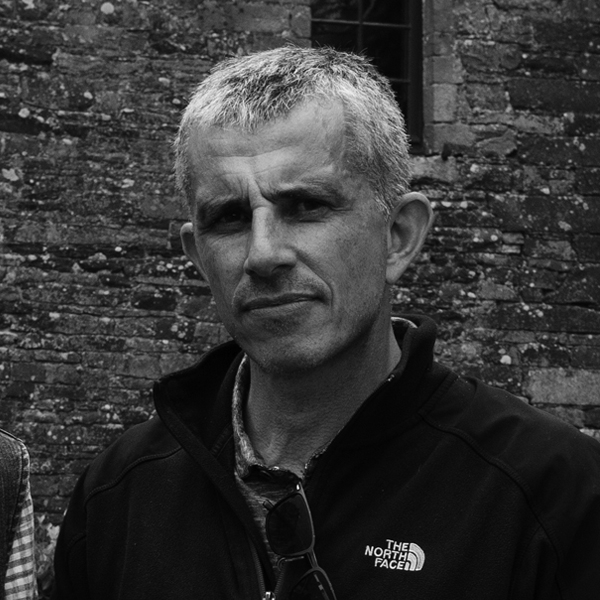
Dr Raphaël Mathevet is an ecologist and geographer at the CNRS in the Centre d’Ecologie Fonctionnelle et Evolutive in Montpellier (France). He works on the conservation of biodiversity, protected areas and conservation planning tools, adaptive management and the evaluation of public policies. He applies simulation tools and role-playing game in interdisciplinary approaches to resolving management conflicts, especially in the context of wetlands and natural resources management. His most recent work focuses on coexistence and human wildlife conflicts, and the concepts of ecological solidarity and stewardship. He is a member of several scientific committees at various decision levels (Inee, national parks and reserves, UNESCO MAB program).
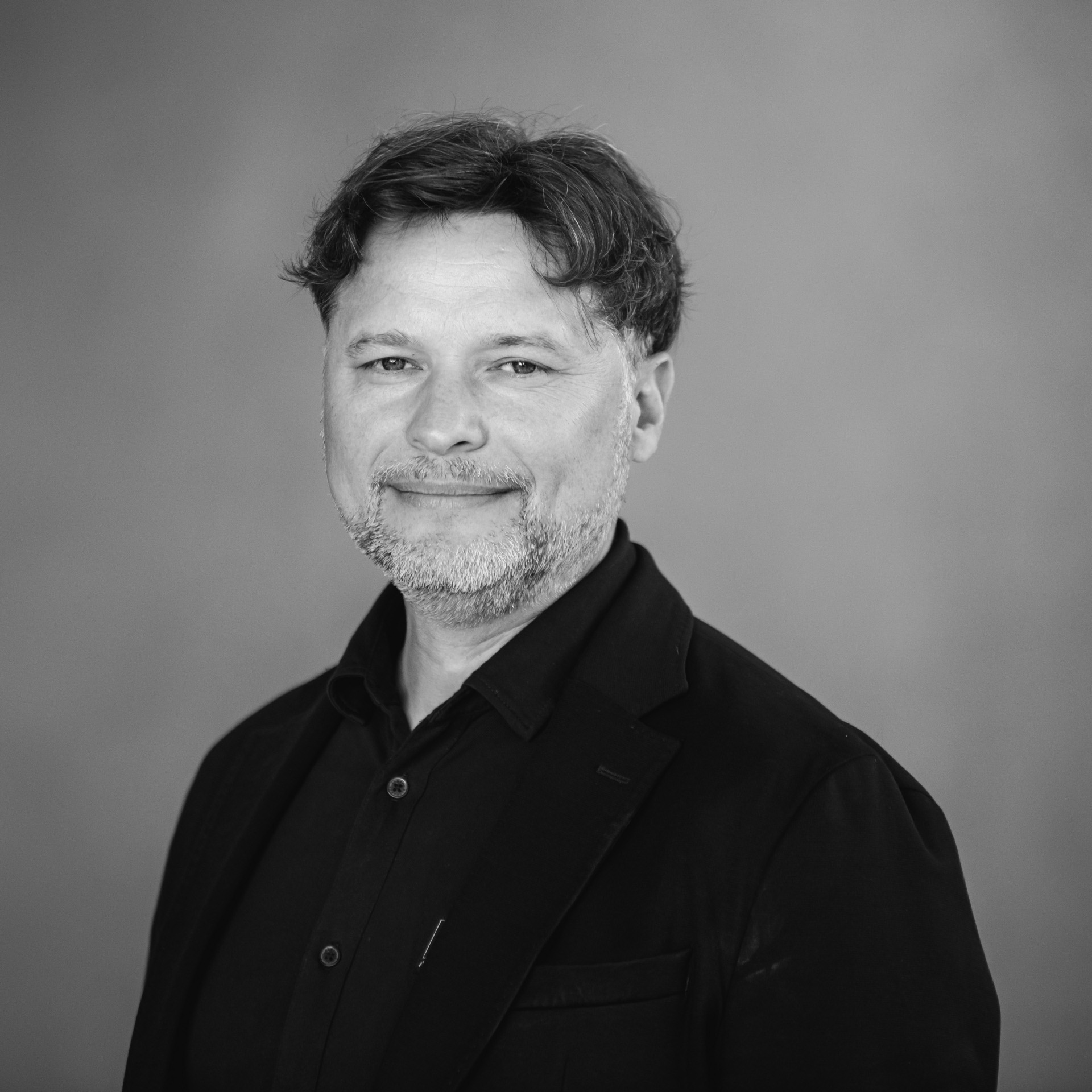
Dr. Osvaldas Stripeikis is an Associate Professor and Lecturer at Faculty of Economics and Management of Vytautas Magnus University. At the university, he is the head of the Minded Entrepreneurship Academy as well as head and developer of the BA study program “Creative Business and Innovation Design”. Dr. Stripeikis is also the creator of the EQ-THINKING model, which is an experience-based entrepreneurial mindset development methodology, facilitator of the LEGO Serious Play and Active Imagination methodologies, as well as the Narrative Therapy approach and Flow Coaching. His main research and expertise areas include design thinking, experience design, models of entrepreneurial competence development, experiential pedagogy, business design, entrepreneurship ecosystem and mindset and others. Since 2015, Dr. Stripeikis is co-creating and designing the entrepreneurship ecosystem at VMU, facilitating university and business cooperation in Lithuania (a network of over 100 business companies, associated business structures, municipalities, NGOs, governmental institutions, and universities). Dr. Stripeikis is also a member of the University Industry Innovation Network and an expert at the IDEA Incubator, which is an acceleration of start-ups and young companies. He has accumulated over 15 years of experience in coordination of national and international projects in entrepreneurial and creative competences development.
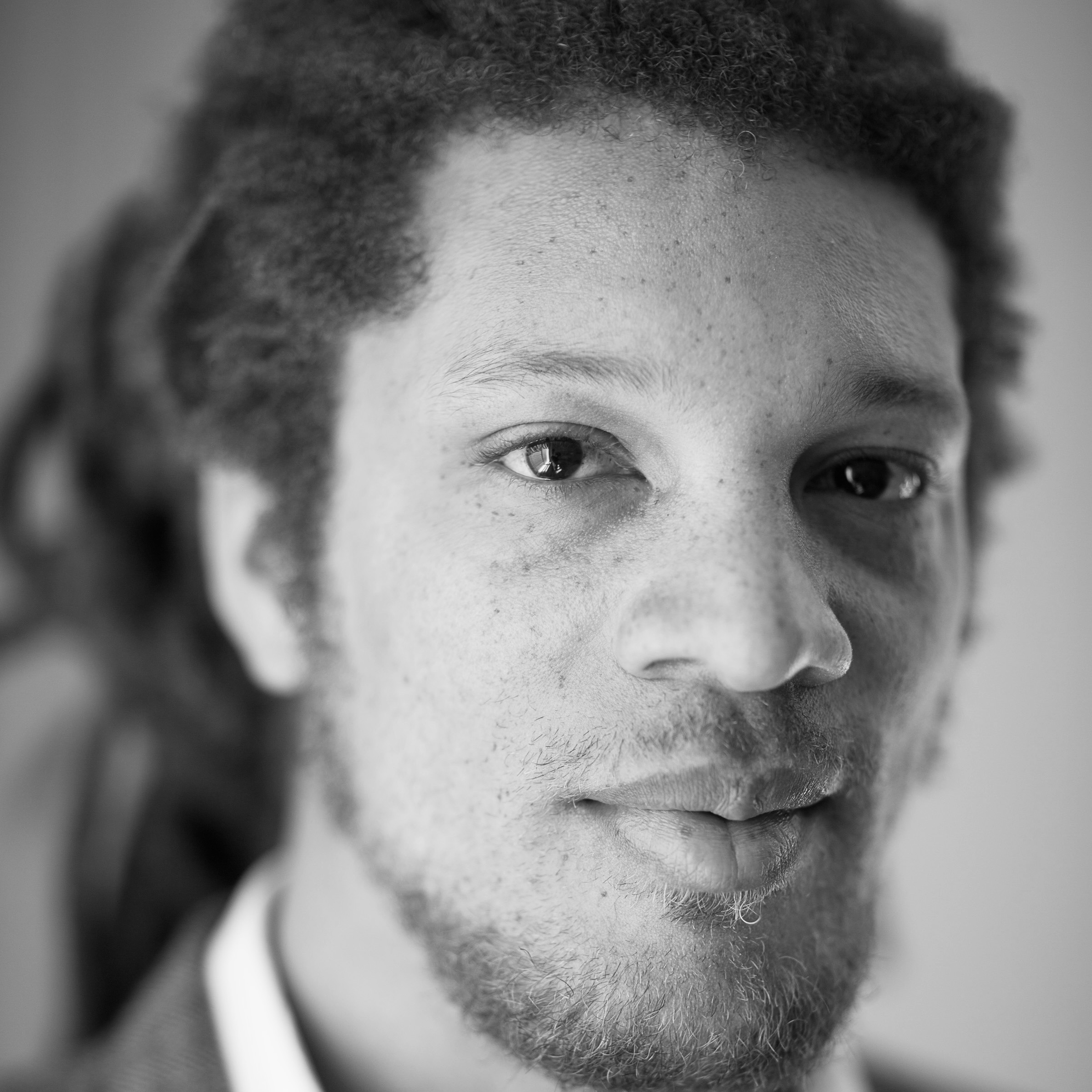
D. Fox Harrell, Ph.D., is Professor of Digital Media, Computing, and Artificial Intelligence at MIT in the Comparative Media Studies Program, Computer Science and Artificial Intelligence Laboratory (CSAIL), and Institute for Data, Systems, and Society. He is the founder and director of the MIT Center for Advanced Virtuality. His research explores the relationship between imagination and computation and involves inventing new forms of VR, computational narrative, videogaming for social impact, and related digital media forms. Dr. Harrell holds a Ph.D. in Computer Science and Cognitive Science from the University of California, San Diego. His other degrees include a Master’s degree in Interactive Telecommunication from New York University’s Tisch School of the Arts, and a B.S. in Logic and Computation and B.F.A. in Art (electronic and time-based media) from Carnegie Mellon University – each with highest honors. He has worked as an interactive television producer and as a game designer. He is a recipient of an NSF CAREER Award, Nebula Award Finalist, and Emmy Award winner.
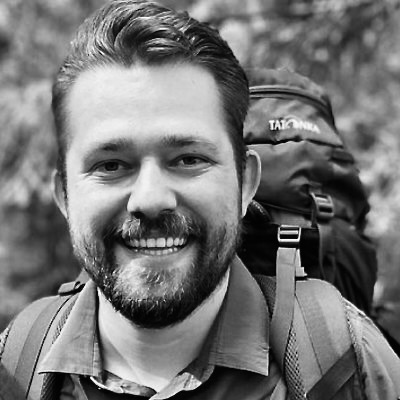
IBM Senior Data scientist with deep expertise in Natural Language Processing, Graph Theory, neural networks and GenAI projects. 7+ years proven expertise in Data science and AI solutions, 10+ academic experience in physics and (research & teaching). Scientific publication and a US patent in the Machine Learning field. Academic Board member at Turing College.
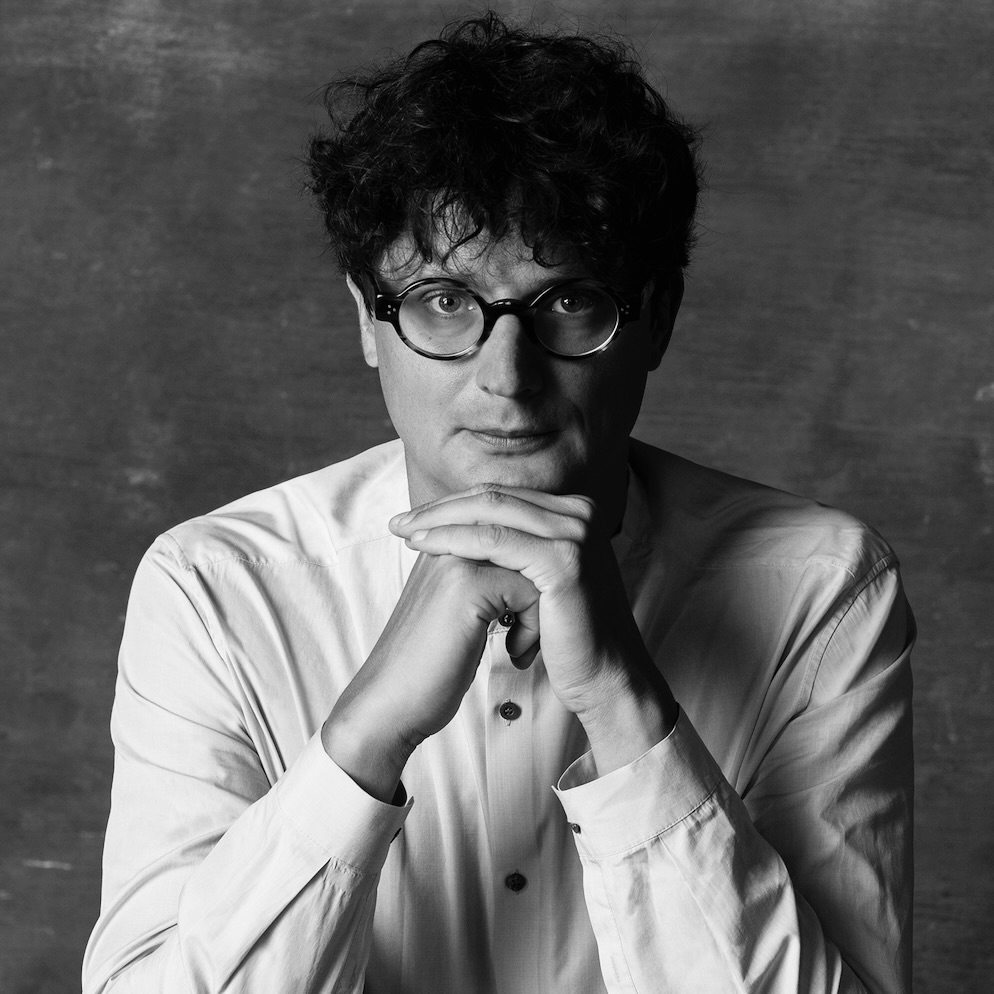
Kristupas Sabolius is a professor of philosophy at the Institute of Philosophy of Vilnius University (Lithuania), a principal investigator at the (Post)Authoritarian Landscapes Research Center. In his research, Sabolius examines the theories and practices of imagination as conceptual tools to unlock environmental, sociocultural, and ontological problems.
His recent publications include Immaginazione. Al di là dell’antropocene (Imagination beyond the Anthropocene, 2024, Castelvecchi editore); On the Real (ed. 2021, LAPAS books), Matter and Imagination. Hybrid Creativity between Science and Art (2018, Vilnius University Press, ed.), Proteus and the Radical Imaginary (2015, Bunkier Sztuki, CAC), The Imaginary (2013, Vilnius University Press), as well as numerous essays signalizing the contradictory function of imagination at the intersection of Western and non-Western thought.
Sabolius is an active public intellectual and a writer of novels, theatre plays and film scripts, including The Gambler (2014) and Invisible (2019), both co-written with director Ignas Jonynas. Since co-founding in 2017, he has been a lecturer and host at The School of Creativity, an interactive platform of education that is designed to foster creative takes on traditional school curricula.

Kevin O’Brien is an Associate Professor in the Department of Electrical Engineering and Computer Science at the Massachusetts Institute of Technology where he leads the Quantum Coherent Electronics group (QCE). He obtained his Ph.D. in Physics in 2016 from the University of California at Berkeley on nonlinear light matter interactions in metamaterials. He completed postdoctoral work at UC Berkeley developing high-coherence superconducting quantum processors. He joined MIT EECS and the Research Laboratory of Electronics in 2018. His research focuses on engineering nonlinear and quantum-mechanical light-matter interactions to advance superconducting quantum computing and sensing.
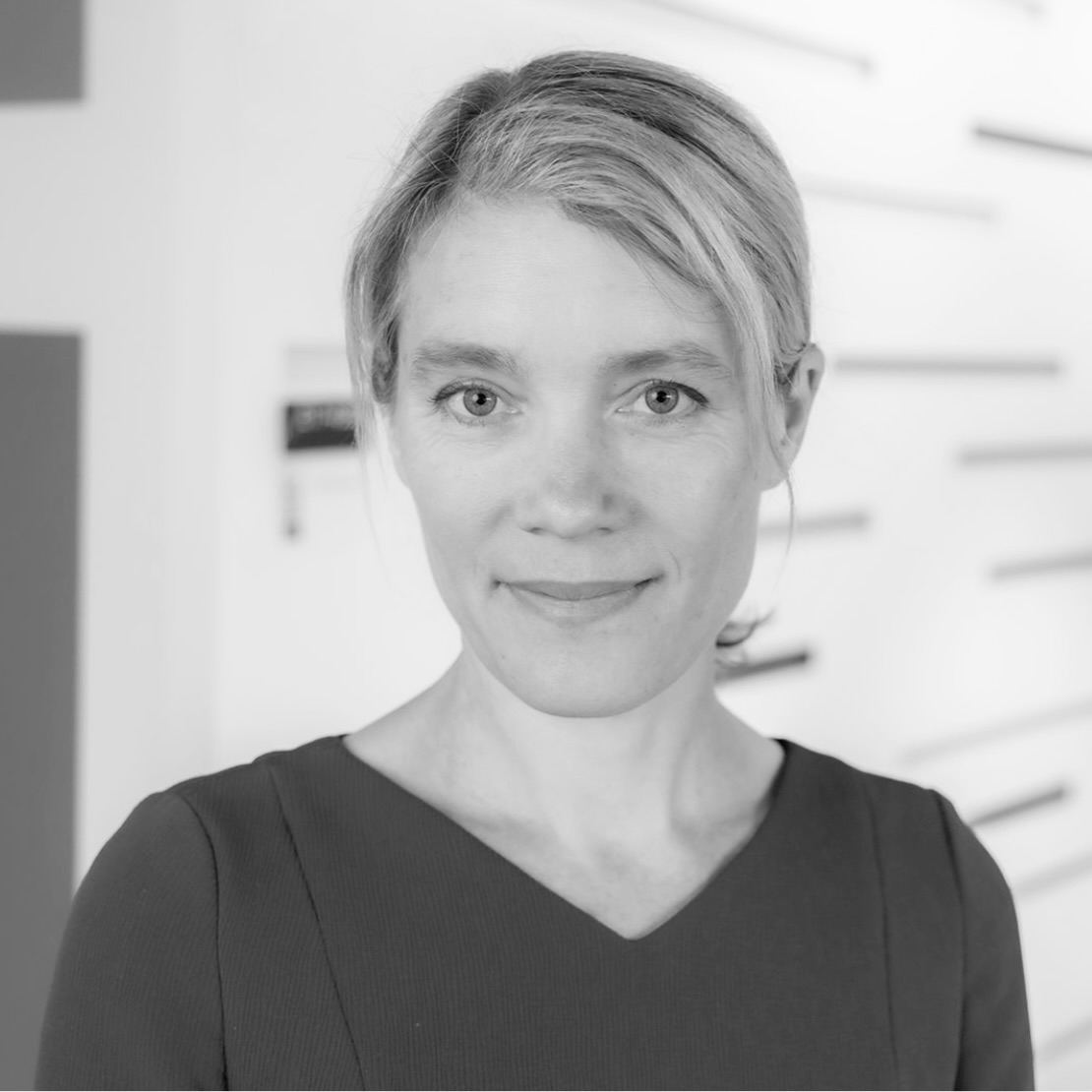
Jessika Trancik is a Professor in the Institute for Data, Systems, and Society at the Massachusetts Institute of Technology. Her research develops data-informed models and theories to explain the determinants of technological change and inform investments. She examines the dynamic costs, performance, and environmental impacts of energy systems to inform climate policy and accelerate beneficial and equitable technology innovation. Her projects focus on all energy services including electricity, transportation, heating, and industrial processes. This work spans solar energy, wind energy, energy storage, low-carbon fuels, electric vehicles, and nuclear fission among other technologies. Prof. Trancik received her B.S. from Cornell University and her Ph.D. from the University of Oxford as a Rhodes Scholar. She is currently an external professor at the Santa Fe Institute, and was formerly at Columbia University’s Earth Institute, and at WSP International/UNOPS (now Interpeace) in Geneva.
Her work has been published in journals such as Nature, Nature Climate Change, Science, Energy Policy, and the Proceedings of the National Academy of Sciences, and has been featured by news outlets such as the New York Times, Financial Times, Wall Street Journal, Washington Post, and NPR.

Artūras Serackis is a head of the Department of Electronic Systems at VILNIUS TECH. Main research interests include real-time image and signal processing, development and application of intelligent systems. He has published more than 70 papers in reviewed journals and conference proceedings, a monograph in the field of intelligent electronic systems and two textbooks, is co-author of 3 USPTO patents and 3 USPTO patent applications. A. Serackis has successfully finished 10 research and development projects, was a supervisor of four successfully defended PhD thesis, currently supervising four PhD students, is a Senior member of IEEE and is a Vice-Chair of IEEE Lithuania Section Signal Processing Society/Computational intelligence Society/Communication Society joint chapter. Professor A. Serackis actively collaborates with various start-up companies in Lithuania and helps them integrate AI based solutions to the innovative solutions for smart building management systems, renewable energy forecasting and predictive maintenance systems, thermal and RGB image processing for pose estimation, person detection, identification and depersonalization of videos. He is innovation manager in OCULFIT start-up company, providing marker-free PD and optical height measurement solution for virtual try-on, continuing research on AI based 3D mesh generation solutions for eyewear industry. In addition, his research interests include real-time medical signal processing (e.g. migraine attack prediction from heart variability measurements). He has participated in few George B. Moody PhysioNet Challenges: “Reducing False Arrhythmia Alarms in the ICU: The PhysioNet/Computing in Cardiology Challenge 2015” and “Early Prediction of Sepsis from Clinical Data: The PhysioNet/Computing in Cardiology Challenge 2019”.

Education & Academic Path
B.Sc. in Physics – Vilnius State University, 1978 (with distinction)
Candidate of Physical and Mathematical Sciences – Vilnius University, 1983
Ph.D. in Natural Sciences (recognized by the Research Council of Lithuania), 1993
Habilitated Doctor of Physics – Semiconductor Physics Institute, 1999
Full Professor title awarded – VILNIUS TECH, 2008
1978–2006: Engineer, Senior Engineer, Researcher, Chief Research Fellow – Semiconductor Physics Institute
Since 2006: Senior Research Fellow, later Professor – Department of Information Systems, VILNIUS TECH
2008–2012: Dean, Faculty of Fundamental Sciences – VILNIUS TECH
2012–2021: Vice-Rector for Research and Innovation – VILNIUS TECH
Information Security & Cryptography: investigates secure data transmission methods, applies cryptographic algorithms in information systems, and develops security models for the Internet of Things, research on blockchain technologies.
Chaos Theory & Semiconductors: studies nonlinear resonances in semiconductors and statistical properties of symmetric chaotic systems.
Artificial Intelligence Applications: explores AI integration in system analysis and IT security, especially in IoT contexts.
Scientific Leadership & Expertise: former Chair of the LURK Science Committee, expert at MITA, involved in EU, NATO, and INTAS research programs and governance structures, Lithuanian Research Council Board member, LRC IT program governing group leader .
Academic Visits and Research Fellowships in 1992-2002at NORDITA Research Centre, Denmark, KFA Research Centre, Jülich, Germany, École Normale Supérieure, Paris, France, multiple visits to Aristotle University of Thessaloniki, Greece, Joint Research Centre, EU IPTS, Seville, Spain.
International Projects: led multiple EU INCO-COPERNICUS and PECO projects, Participated in four NATO joint research projects with Greece, Turkey, and Bulgaria, Coordinated national participation in Leonardo da Vinci, EUREKA, Erasmus+, Digital Europe MERIT, Google “Cyber Security Seminars” projects

Dr. Rolandas Paulauskas is a chief research associate and a head of the laboratory of Combustion Processes at the Lithuanian Energy Institute. He holds a PhD in energy and thermal engineering and has extensive expertise in combustion processes, plasma-assisted combustion, and gasification. He has been leading on multiple national and international research projects, focusing on combustion of alternative fuels, hydrogen rich syngas production, and low calorific gas utilization in oxygen-enriched engines. His technical skills include gas chromatography, flame emission spectroscopy and flame chemiluminescence imaging. Paulauskas aims to work on research promoting energy independence and ecological forms of energy, contributing to sustainable development. He has been actively involved in supervising PhD and international internship students.
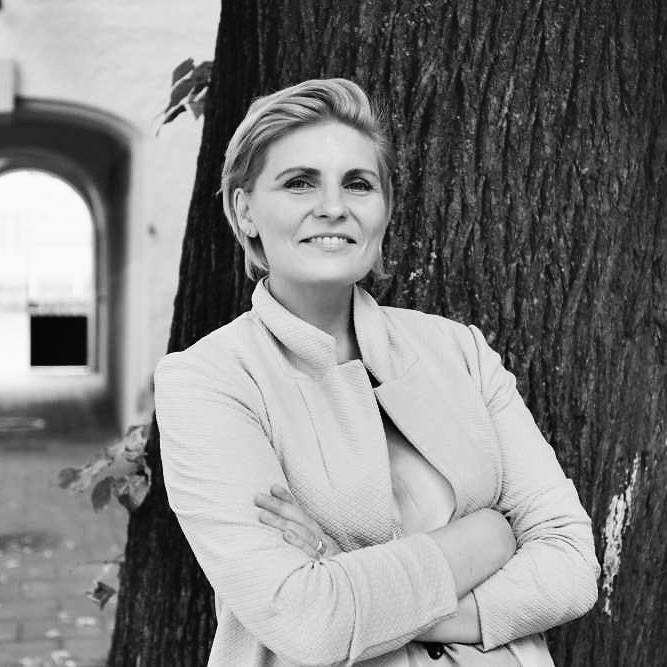
Professor of Vilnius University Faculty of History, Department of History Theory and Cultural History.

Prof. Gytis Dudas is a research professor at Vilnius University’s Life Sciences Center, where he conducts research on the evolution of RNA viruses. His research group’s work is based on the application of genomic epidemiology, a field that seeks to understand the spread of RNA viruses in host populations, in the context of public health, veterinary surveillance, and wild insects. Prof. Dudas has studied the largest Ebola virus epidemic in West Africa, the Zika virus epidemic in the Americas, MERS-CoV outbreaks in the Arabian Peninsula, the SARS-CoV-2 pandemic, and many other diseases caused by RNA viruses in humans and animals. This research contributed to the maturation of genomic epidemiology as a field on the eve of the COVID-19 pandemic, which was recognised as one of the most effective pillars of public health and an important source of information for decision-makers during the pandemic. Prof. Dudas’ group is currently working on Wuhan mosquito virus 6, called a “ghost” by some. It is a distant relative of influenza virus that is harmless to humans that has spread rapidly in mosquitoes around the world.

Assoc. Prof. Dr Ieva Misiūnė is a Doctor of Social Sciences and an Associate Professor at the Institute of Geosciences, Vilnius University. She is an early career researcher with an expertise in ecosystem services and social-ecological systems. Her research interests focus on nature values, people’s perceptions, and their habits related to the use of urban green areas. In addition to scientific articles and conference contributions, her edited open-access book Human–Nature Interactions: Exploring Nature’s Values Across Landscapes was published in 2022.

Dr. Linas Bukauskas is a professor and head of the Cyber Security Laboratory at the Institute of Computer Science at Vilnius University.
He holds a PhD in Computer Science from Aalborg University, Denmark, and has gained extensive experience in cyber security, data and information encryption, and security system modelling during his nearly 20 years of work at Vilnius University. He has successfully led and contributed significantly to national and international research projects on multidisciplinary topics in cyber security. In addition, Linas Bukauskas supervises doctoral students and has participated in doctoral dissertation defense committees in other countries.

Prof. Mangirdas Malinauskas is leading the Laser Nanophotonics research group at the Laser Research Center, Physics Faculty, Vilnius University. His research focuses on multi-photon 3D lithography, its fundamental mechanisms, and development towards advanced additive manufacturing of micro-optics, nano-photonic devices, and bio-scaffolds. The laboratory actively participates in national and international projects and continuously cooperates with the Lithuanian laser industry. Prof. M. Malinauskas gives lectures for BSc, MSc, and PhD students as well as supervises diploma theses. He is an Optica fellow, Lithuanian Academy of Sciences – Young Academy alumni, and has been awarded the National prize. Research has been recently highlighted in the Nature Reviews Methods Primer journal.

Dr Paulius Jurčys holds a doctorate in law and three master’s degrees (from Harvard, Vilnius, and Kyushu univesities) with more than 15 years of experience in the field of intellectual property. He teaches the innovative CopyrightX course, developed at Harvard Law School, which focuses on U.S. copyright law. Dr Jurčys is also the co-founder and Chief Data, Privacy and AI Officer at Prifina. His research interests include intellectual property, data protection, and the application of artificial intelligence in education. Dr Jurčys is an active member of international organizations, including IAPP and ATRIP, and has received awards for his contributions to data privacy.

Prof. Dr. (HP) Gintaras Valušis serves as Pro-Rector for Research at Vilnius University.
Prof. Valušis received his degree from the Faculty of Physics at Vilnius University in 1985 and pursued his scientific career at the Institute of Semiconductor Physics, where he was awarded a PhD in Natural Sciences in 1992. With the establishment of the Center for Physical Sciences and Technology (FTMC), he headed the Terahertz Photonics Laboratory (2011–2013), served as Deputy Director for Development (2010–2013), later as Director of the Center (2013–2024), and also led the Department of Optoelectronics (2018–2025). He was a member of the Board of the Association of Research and Technology Organizations “RTO Lithuania” (2019–2024) and of the Board of the European Association of Research and Technology Organizations (EARTO) (2020–2023).
His main research interests are terahertz physics and semiconductor optoelectronics. Under his supervision, ten doctoral theses have been successfully defended; he is currently supervising two PhD candidates.
Prof. Valušis was also one of the initiators of the Integrated Science, Studies and Business Center “Saulėtekis” (2007–2010), where he acted as Project Manager (2010–2012) and Scientific Director (2012–2015). He undertook research fellowships at the Institute of Applied Photophysics, Dresden University of Technology (1995–1996), and was a Humboldt Foundation Fellow at the Institute of Physics, J. W. Goethe University, Germany (2000, 2003). Since 2007 he has been Professor at Vilnius University; since 2018 he has served as a Board Member of the Lithuanian Physical Society and its Vice-President for Research. He is also a member of the Technical Program Committees of the leading international terahertz physics conferences IRMMW-THz and TeraTech, and Chair of the Program and Organizing Committees of the international optoelectronics conference APROPOS.
In recognition of his scientific achievements, Prof. Valušis, together with colleagues, was awarded the Lithuanian Science Prize (1998). For his services to the Republic of Lithuania and for promoting the country internationally, he received the Officer’s Cross of the Order of the Lithuanian Grand Duke Gediminas (2016). For his global scientific achievements and contribution to Lithuanian culture, he was honoured with the Theodor Grotthuss Medal (2023), and for his outstanding scientific results and the implementation of the “Saulėtekis” initiative, the FTMC Pleiades Award (2023).
He has been a full member of the Lithuanian Academy of Sciences since 2017.
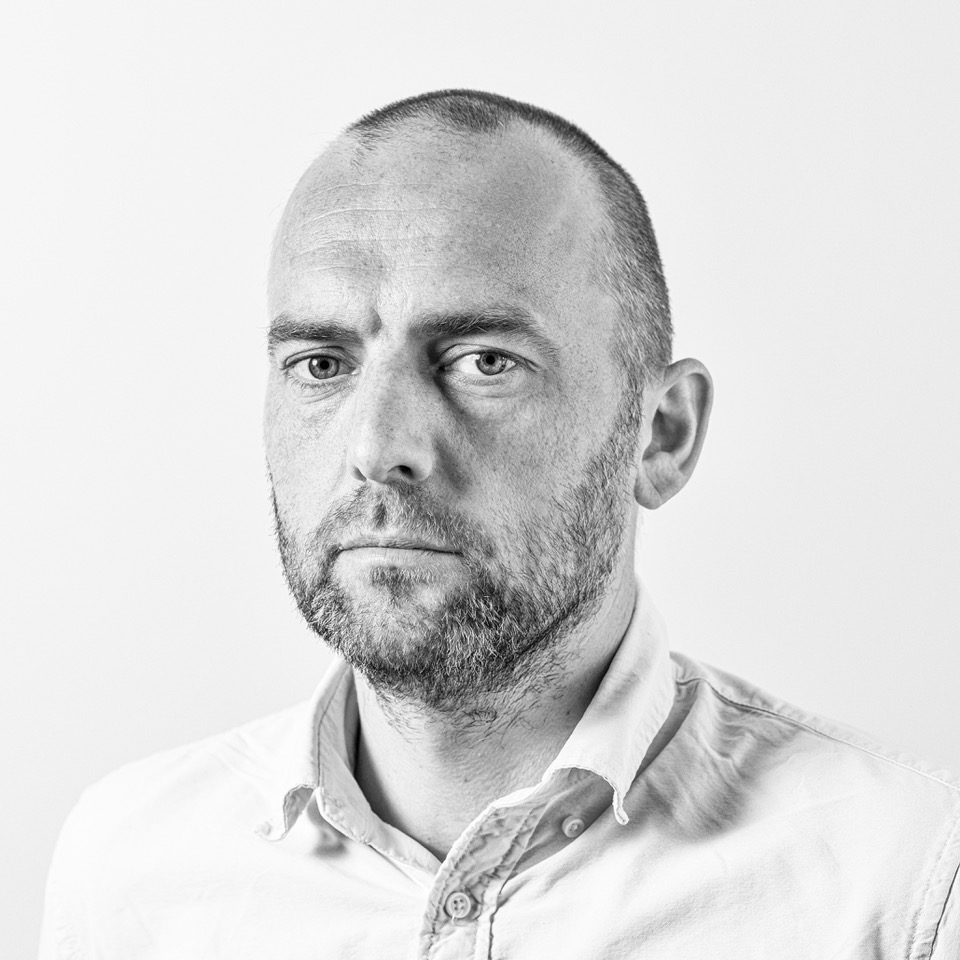
Viktoras Bachmetjevas is an Associate Professor at Vytautas Magnus University in Kaunas, Lithuania. He specializes in continental ethics, especially the thought of Emmanuel Levinas, as well as the 20th century and contemporary French philosophy. Key publications include the edited volume Philosophy of Humour: New Perspectives (Brill, 2023, with Daniel O’Shiel), and the articles ‘Between the Two Ethics: Why Assessor Wilhelm is Not a Judge’ (Kierkegaard Studies Yearbook, 2020), ‘Imaginary Construction and Lessons in Living Forward’ (History of European Ideas, 2020), and ‘Philosophy in Lithuania after 1989’ (Ideology and Politics Journal, 2021). He translated Emmanuel Levinas’s Time and the Other, Harry Frankfurt’s On Bullshit, Timothy Snyder’s On Tyranny, and prepared the critical apparatus (introduction, commentaries, and indexes) for the Lithuanian editions of Søren Kierkegaard’s Repetition and Fear and Trembling. He has held visiting positions at Yale University, the Institute for Human Sciences in Vienna, and elsewhere.
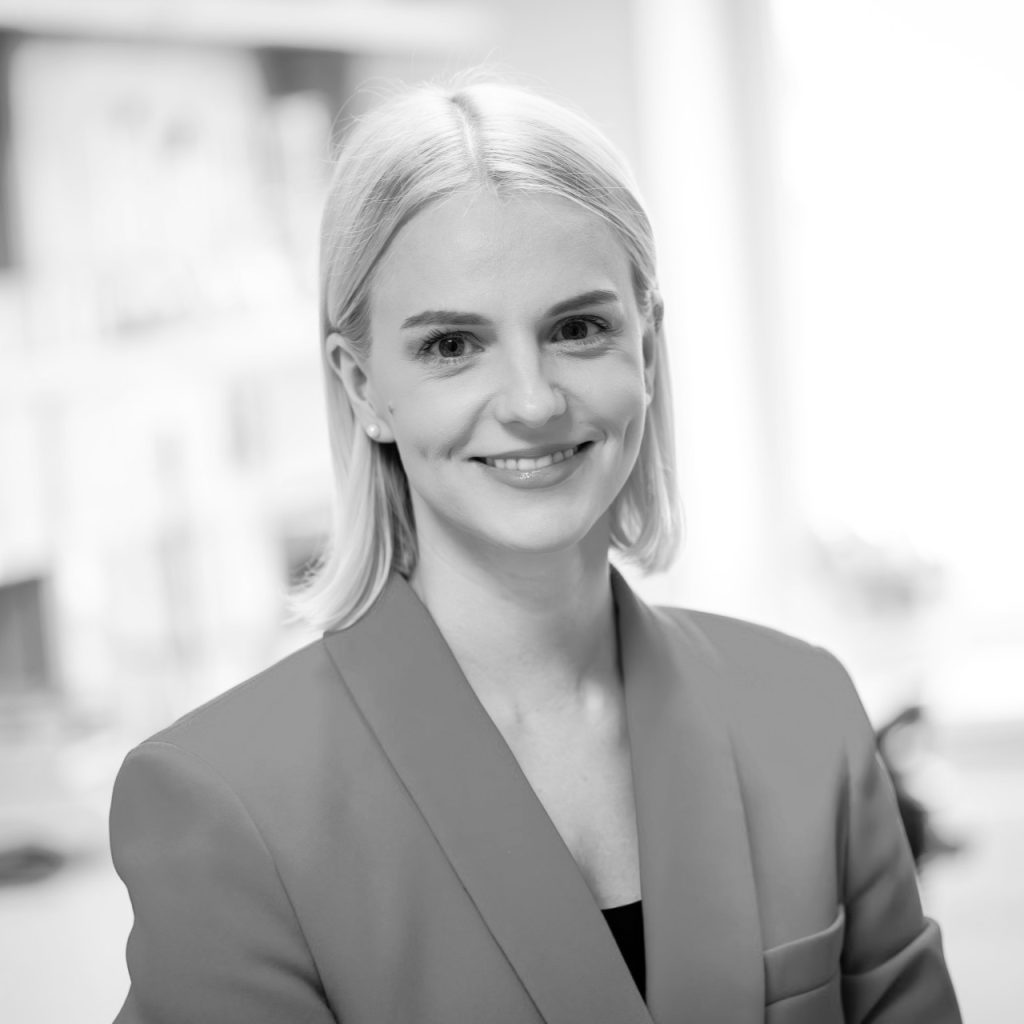
Assoc. Prof. Dr. Viktorija Vaštakaitė-Kairienė is a Deputy Director and Senior Researcher at the Bioeconomy Research Institute and Associate Professor in the Faculty of Agriculture at Vytautas Magnus University’s Agriculture Academy. She is also Chief Researcher at the Lithuanian Research Centre for Agriculture and Forestry, Institute of Horticulture, Laboratory of Plant Pathology. Viktorija is a member of the Young Academy of Europe. She is also a former Vice-Chair and alumna of the Young Academy of the Lithuanian Academy of Sciences. Viktorija defended her doctoral thesis, The Photophysiological Aspects for the Management of Metabolites and Mineral Elements in Brassicaceae Microgreens, in 2018. Currently, her research focuses on controlled environment agriculture, plant stress physiology and biochemistry, postharvest biology and quality preservation, physiological plant pathology and biological protection. She leads the project NutriSafe (2023–2026), in which she explores how tailored nutrient solutions can improve both safety and quality of postharvest leafy vegetables. In addition, she teaches plant physiology, morphology, and mineral nutrition at various study levels. Viktorija also supervises two PhD students. Viktorija has participated in high-level R&D and other projects financed by the Research Council of Lithuania, with and without European Union funds, as well as projects of the Lithuanian Business Support Agency. She was a postdoctoral fellow at the Nature Research Centre in Lithuania (2020–2022). Viktorija has held internships at Michigan State University (USA), the University of Agriculture in Kraków (Poland), the University of Padova (Italy), and the Institute of Plant Physiology and Genetics of the Bulgarian Academy of Sciences. With co-authors, she has published over 50 scientific works, including three book chapters by international publishers and a scientific study issued by the Lithuanian Academy of Sciences. She has given over 60 presentations at national and international conferences in the USA, Mexico, China, Turkey, Austria, Italy, Latvia, Poland, France, and Bosnia and Herzegovina. Viktorija actively participates in the activities of international societies such as EPSO, ISHS, and ASHS as well as in seminars in Lithuania and abroad. She is an alumni council member of the Baltic-American Freedom Foundation. She was a Board member of the Young Academies Science Advice Structure (YASAS) and the Young Academy of Europe. She has been awarded a scholarship for young scientists, a prize and a certificate of merit from the Lithuanian Academy of Sciences, and a national scholarship from the World Federation of Scientists.

Dr. Mažena Mackoit-Sinkevičienė is a researcher at the Institute of Theoretical Physics and Astronomy, Faculty of Physics, Vilnius University, working in the fields of quantum optics. Her research focuses on quantum emission from point defects in solid-state platforms and nonclassical spin states in ultracold atomic gases. Her findings have already been applied in the work of international experimental collaborators. For her academic and scientific achievements, she has received awards, including the Lindau Nobel Laureate Meeting Alumnus distinction, the Lithuanian Government Award, the Young Scientist Prize of the Lithuanian Academy of Sciences, the Dr. Karol Mey Scholarship, and recognition from the European Physical Society Young Minds section. Dr. Mackoit-Sinkevičienė is one of the co-authors of Lithuania’s National Quantum Agenda, represents the country in the European Quantum Flagship network, serves as Vice President of the Lithuanian Physical Society, and is a board member of Quantum Lithuania.
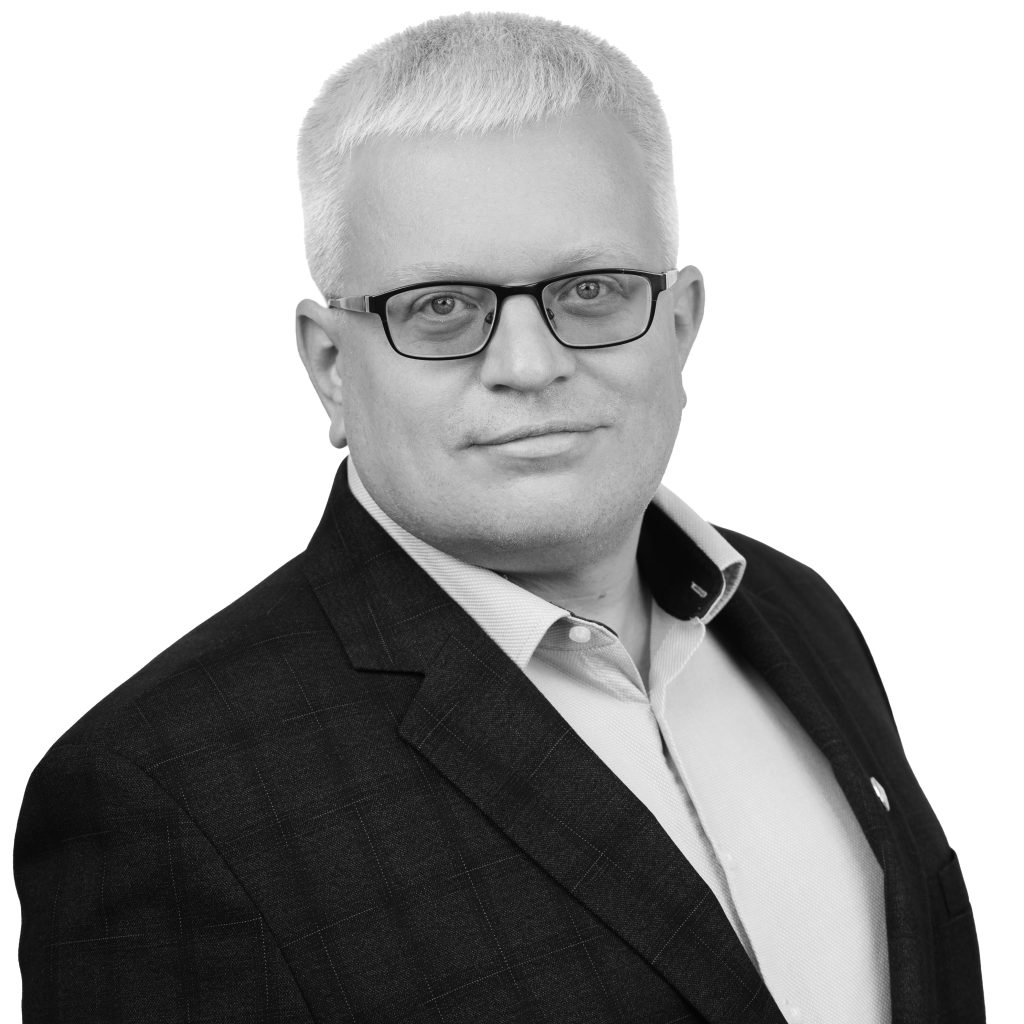
Dr. Vidmantas Bendokas is a plant geneticist and horticultural scientist of the Lithuanian Research Centre for Agriculture and Forestry (LAMMC), whose activities include research, leadership, and international collaboration in the fields of plant genetics, orchard plant breeding, and metabolomics. In 2011, he defended PhD in Biomedical Sciences (Agronomy), focusing on the inheritance and genetic control of apple tree canopy architecture. Since 2005 he has advanced through multiple scientific roles, since 2014, he has been a Senior Researcher at the Department of Orchard Plant Genetics and Biotechnology, and since 2021, he has served as Deputy Director for Institute of Horticulture Activities.
The scientist’s activities have significantly contributed to fruit plant breeding, the development of innovative plant biochemical profiling methods, sustainable horticultural practices, safe food production, and the development of new food products with higher nutritional value. Through extensive collaboration with European research networks and close cooperation with industry partners, he significantly contributes to integrating Lithuanian agricultural science into the global research community, ensuring that LAMMC innovations benefit from and contribute to international advances in plant science and biotechnology.

Tomas Berkmanas is an Associate Professor of the Faculty of Law of Vytautas Magnus University (VMU) in Kaunas, Lithuania. His fields of specialization are legal philosophy & theory, constitutional law, professional legal ethics, academic ethics. From 2008 until 2011 he served as the Head of the Department of Private Law, from 2011 until 2015 – as the Vice-Dean for Research, and from 2015 until 2020 – as the Dean of the Faculty of Law. Tomas Berkmanas is the Head of VMU Ethics Commission, member of Lithuanian Judicial Ethics and Discipline Commission, founder and Senior Editor of the Baltic Journal of Law & Politics, participant of various research and infrastructural projects, expert of the Lithuanian Research Council, author of numerous journal and book articles and conference presentations.
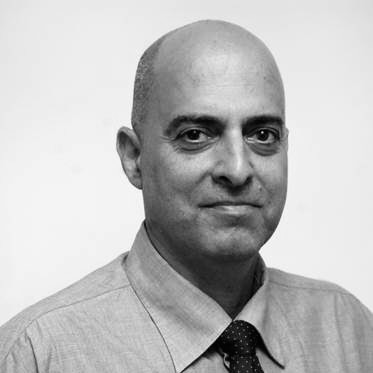
ERAN VIGODA-GADOT is a Professor of Public Administration and Management at the Division of Public Administration and Policy, School of Political Science, The University of Haifa, Israel and invited chief scholar at Vytautas Kavolis Transdisciplinary Research Institute, Vytautas Magnus University, Lithuania. He is a former Dean of the Herta and Paul Amir Faculty of Social Sciences (2016-2020) and Head of the School of Political Science (2008-2013).He is the founder of the Center for Public Management and Policy (CPMP) and the founder of the Public Organizations and Public Policy Interdisciplinary Behavioral Lab (POP-I Lab). His interest fields are Organizational Behavior and Human Resource Management in Public Administration; Organizational Politics; Political Behavior and Citizens’ Role in Governance; Trust in Government; Public Administration and Government Performance in Times of Emergency and Crises; Public Sector Reforms and Performance; Organizational Citizenship Behavior (OCB); New Public Management (NPM); Democracy & Bureaucracy; Engagement and Emotions in Public Service; Collaboration and Innovation in Public Administration; Resilience and Wellbeing in times of Emergency. Prof. Eran Vigoda-Gadot was recently included in a global study by Stanford University (Ioannidis, 2024*; also previously published in Plos Biology, 2019-23), at the top 2% of scientists worldwide, ranked 75 out of more than 16000 in political science and public administration.
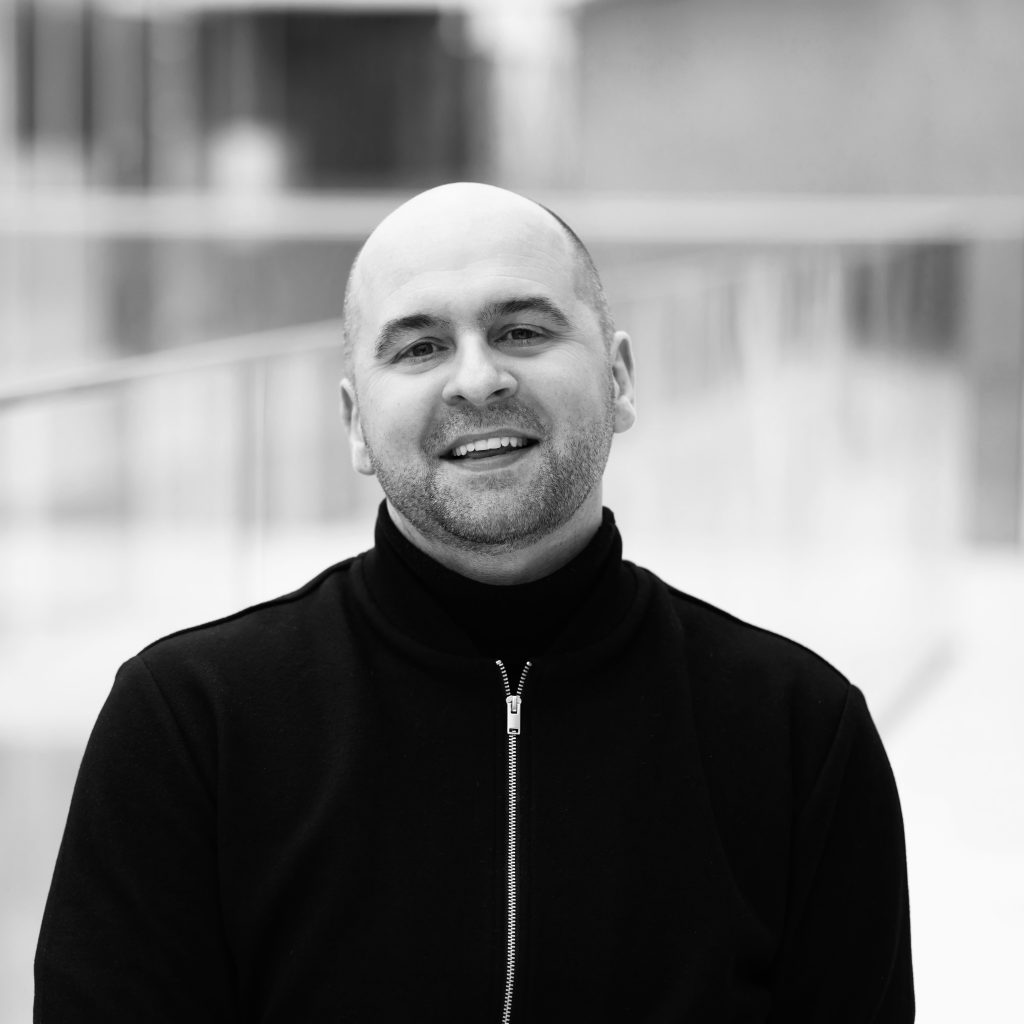
Dr. Šarūnas Grigaliūnas is a cybersecurity analyst, digital forensics expert, and Professor at Kaunas University of Technology (KTU). Areas of specialization: cybersecurity, digital forensics, post‑quantum security, and quantum communication.
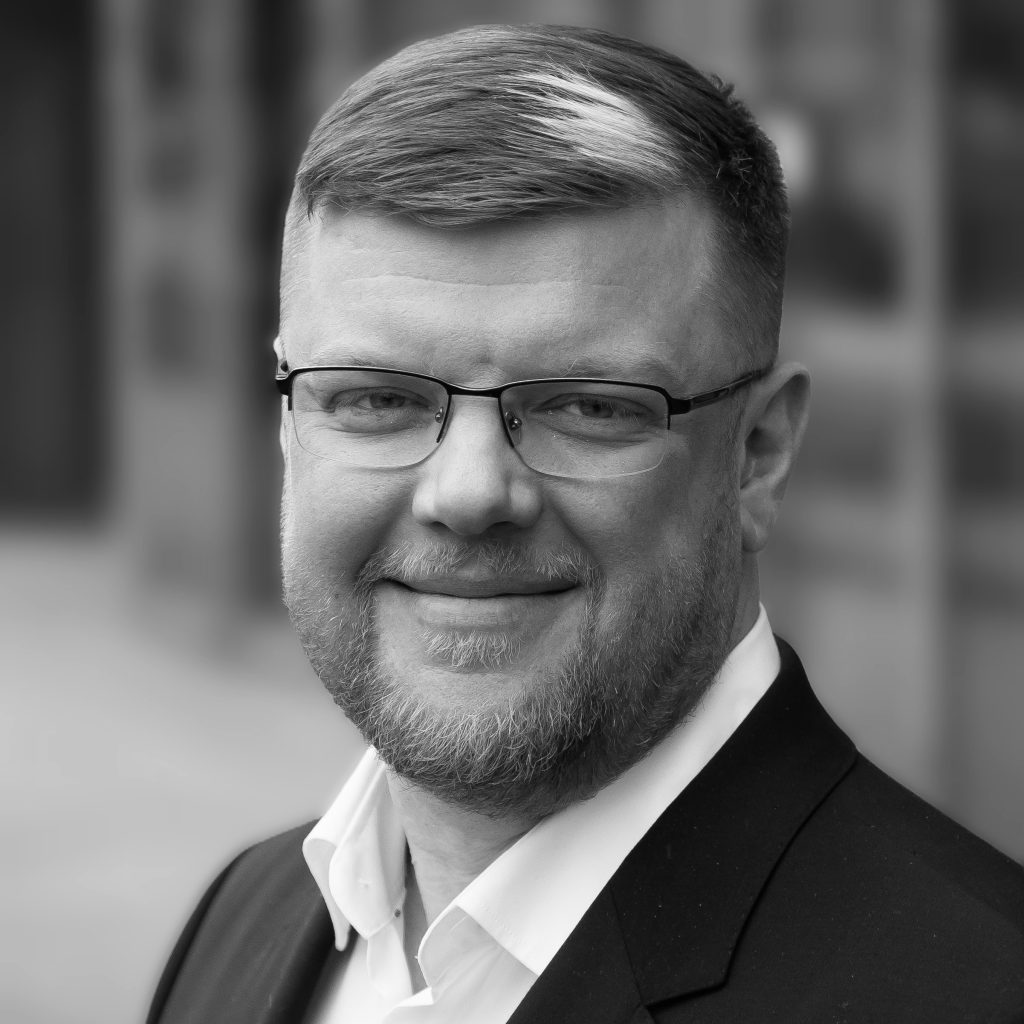
Paulius Vaitkevičius holds a Bachelor’s degree in Computer Science from Vilnius University, a Master’s degree in EMBA from Baltic Management Institute, and is currently pursuing a Ph.D. in Computer Engineering at Vilnius University. With a tenure spanning since 2006, Paulius has been an integral part of Novian companies, beginning as a Business Analyst and progressing through roles such as Innovation Project Manager, Innovation Center Manager, Business Development Director, and presently serving as the Head of Innovations at Novian PRO, where he and his team is involved in various European space, defense, cyber security R&D projects. Over the years, Paulius has collective extensive expertise in various domains including software development, project and team management, sales, public procurement, bid management, business development, product development, innovation strategies, funding proposals, AI development, and Python programming.
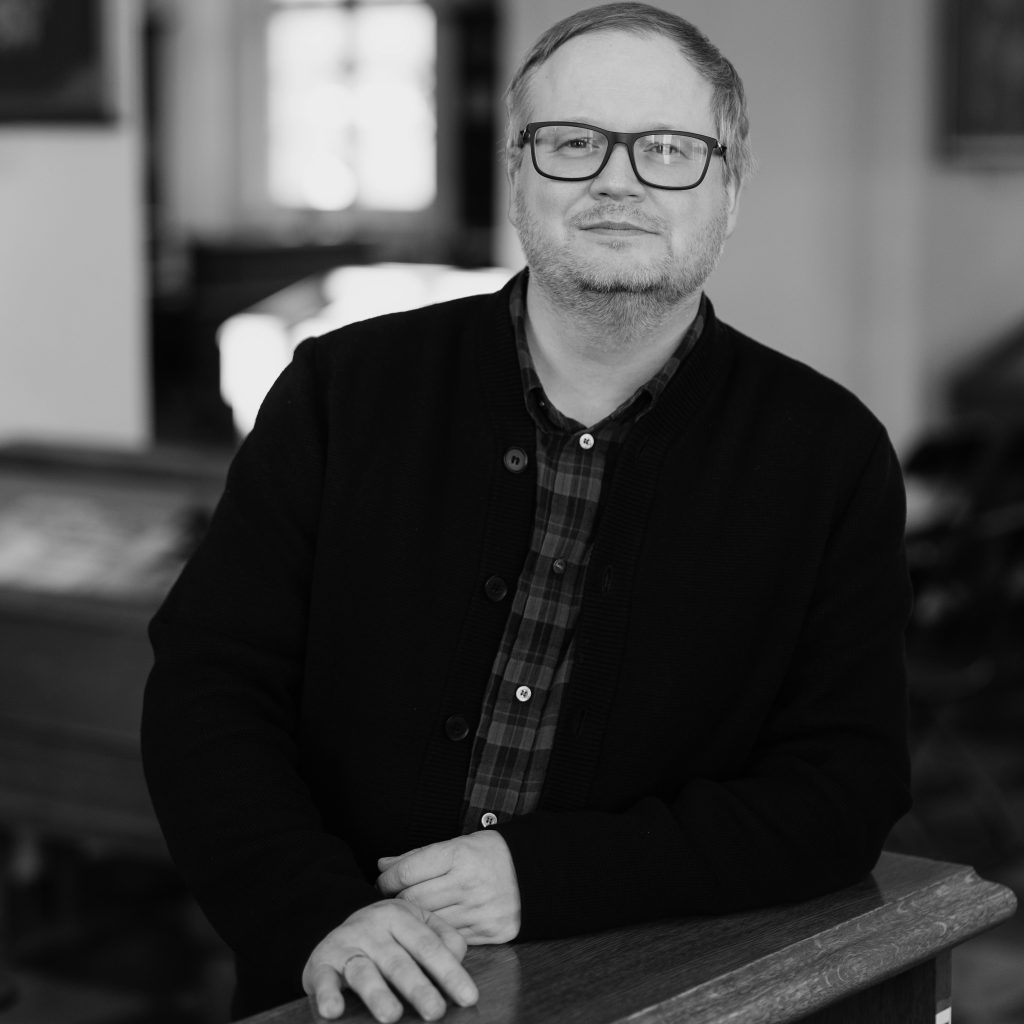
Dr. Mindaugas Zaremba has been studying the structure-function relationship of enzymes for almost 3 decades (since 1997); in 2006, he was awarded a PhD in biochemistry. The main areas of Mindaugas Zaremba’s research are the structural mechanisms of action of proteins interacting with nucleic acids. His main research objects are prokaryotic defense systems against foreign genetic material, including restriction endonucleases, CRISPR-Cas, Thoeris, and prokaryotic Argonaute proteins. Mindaugas Zaremba’s works have been published in more than 30 scientific articles in such high-level journals as Nature, Nature Microbiology, and Nucleic Acids Research. He is a co-author of one patent and several patent applications. Mindaugas Zaremba’s scientific achievements have been recognized with prestigious awards, including the “European Sails” Prize (2022), the Vilnius University Rector’s Prize (2022), and the Lithuanian Science Prize (2014).
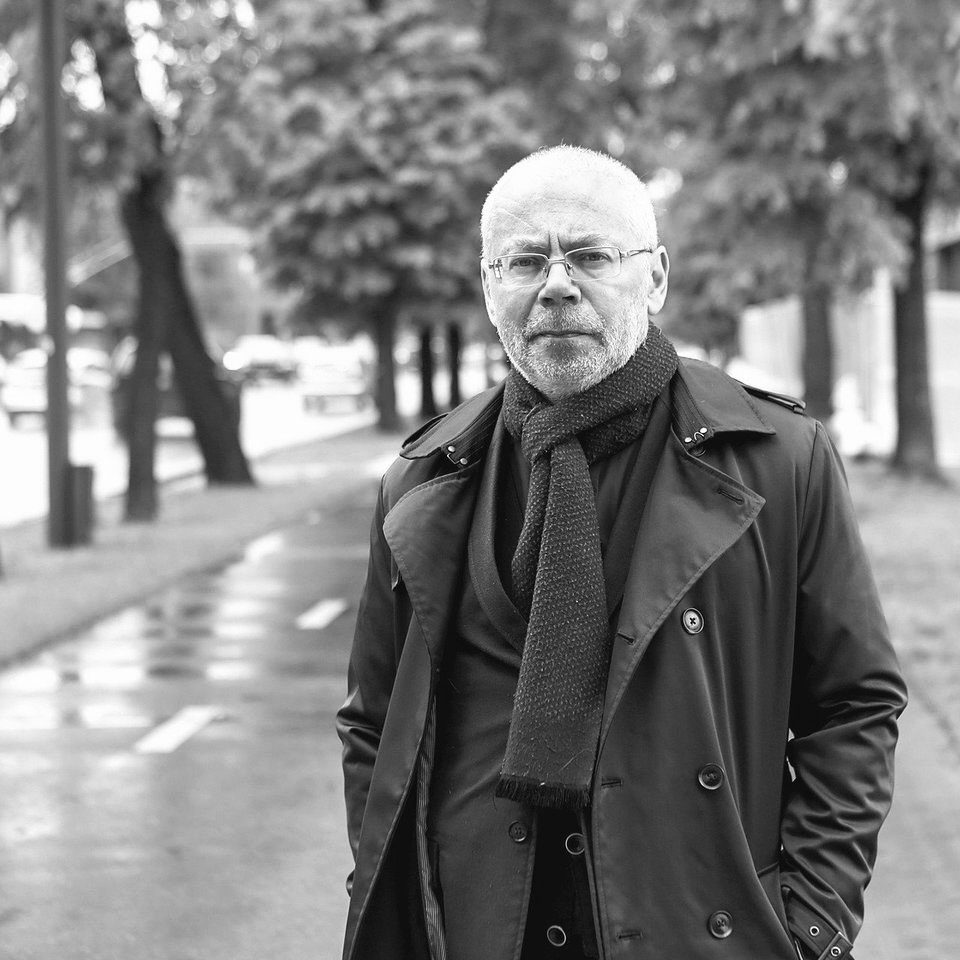
Kęstutis Zaleckis is a Professor at Vilnius Academy of Arts (VDA) and Kaunas University of Technology, as well as a Senior Researcher at the VDA New European Bauhaus Centre. He obtained his degree in architecture from Vilnius Gediminas Technical University (1992) and his PhD in Humanities from Vytautas Magnus University (2002). His expertise covers simulative urban spatial modeling, urban theory, and the analysis of interactions between urban form and sustainability, applying graph theory methods, space syntax, fractal analysis, and entropy modeling.
He has led and participated in various national and international projects, including COST Actions, INTERREG, Horizon 2020, and JPI Cultural Heritage initiatives, with particular focus on multifunctionality of urban form, legibility of cities, and heritage integration. In applied practice, he has contributed to master plans and studies of Lithuanian cities.
Zaleckis has published extensively in peer-reviewed scientific journals and is the author of the textbook Space Syntax for Urban Analysis (2018, in Lithuanian). He also serves on the editorial boards of several international journals and has supervised multiple doctoral dissertations in urban studies. His academic interests combine complex spatial systems modeling with cultural and historical perspectives on cities.
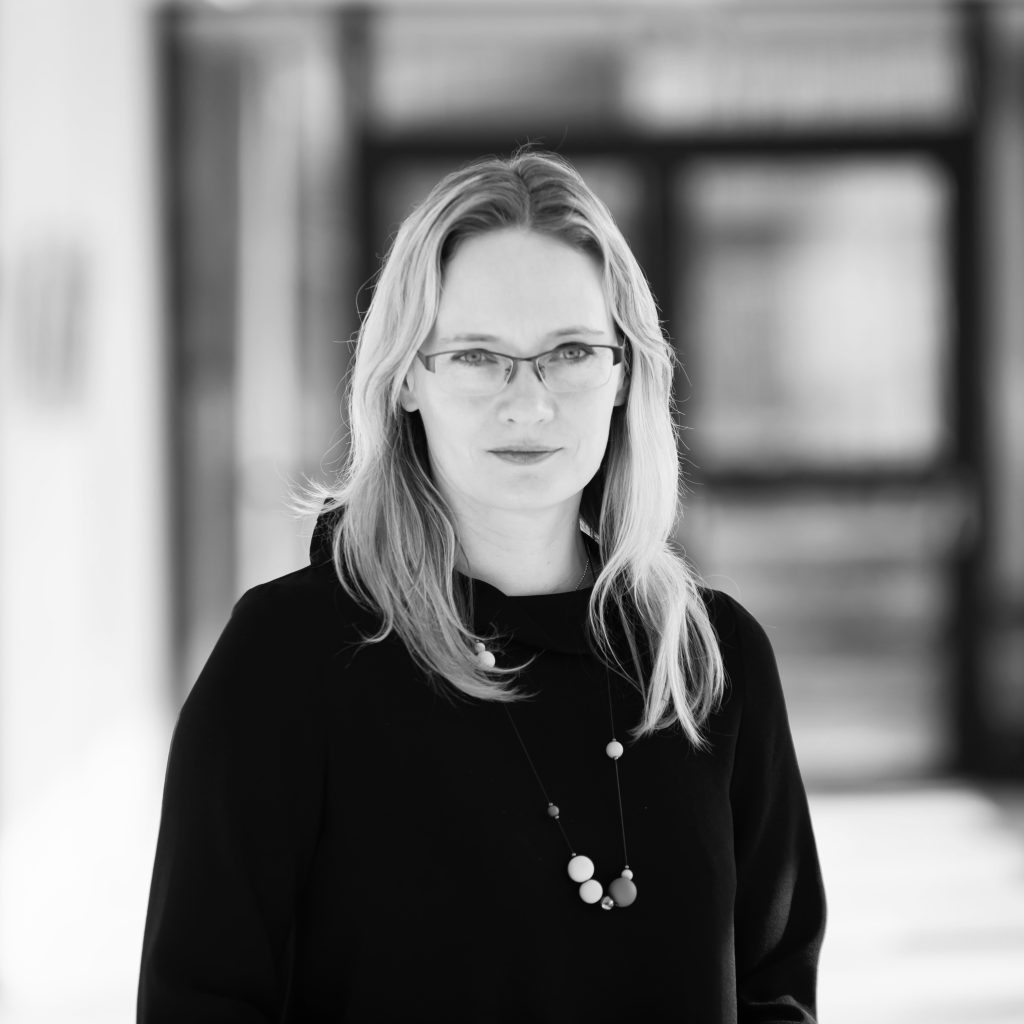
Jurga Bučaitė-Vilkė is an associate professor in the Department of Sociology, senior researcher, and the director of the Vytautas Kavolis Transdisciplinary Research Institute at Vytautas Magnus University, Lithuania. Her research focuses on participatory democracy, local governance and local social welfare policies. She has been involved in several national and European research projects on local governance, community participation and territorial welfare policies as PI. Through her projects, she has also developed integrative research frameworks to examine democratic resilience, multi-level governance, and collaborative decision-making, with a particular focus on the CEE region, including Lithuania. Between 2020 and 2022, she served as Lithuania’s national delegate to the Horizon Europe Programme Committee “Culture, Creativity, and Inclusive Society” (delegated by the Ministry of Education, Science and Sports). In 2022–2023, she worked as an expert for the OECD-OCDE project on inter-municipal cooperation in Lithuania, advising on legal and institutional reforms. She also contributed to the European Commission-funded project on the Self-Rule Index LAU 2.0., mapping governance capacity across EU, OECD, and Council of Europe countries.

Gintaras Stauskis is Doctor of Humanities in Architecture, Professor at the Department of Urban Design, VILNIUS TECH. PhD in Architecture (1994), Prof. (2016). Manager of research projects and programmes. Licensed urban planner, architect and project manager, licensed architect for renovation of heritage buildings and sites.
G. Stauskis has earned a long and successful experience of managing collaborative research projects under the EU programmes. Established university team leader and research organiser in a wide range of topics ranging from humanization of built environment (inclusive open spaces, city for all, healthy environment) to sustainable planning and design (regeneration of built environment, sustainability and green building), G. Stauskis is an excellent manager of national and EU research, development and innovation programmes. The projects managed by G. Stauskis in recent period range from green urbanism, modernisation of residential areas, sustainable mobility systems, immersive environments.
G. Stauskis is a member of municipal and public committees and working groups in regional and urban planning, inclusiveness and education. The author of numerous research publications on the theoretical and practical issues in the scientific, professional and public media in Lithuania and abroad. He has been guest-lecturing in urban planning and architecture at the universities in Tokyo (Japan), San Paulo (Brazil), Helsinki and Tampere (Finland), Braunschweig and Bauhaus in Weimar (Germany), Prague (Czech), Seville and Valencia (Spain), Lisbon (Portugal), Rome (Italy) and other.
G. Stauskis is chairing the Study Committee for Landscape Architecture and the Doctoral Committee in Arts and Humanities (Architecture, Landscape Architecture, Urbanism). G. Stauskis is member of the Lithuanian Chamber of Architects, a board member at the Lithuanian Association of Landscape Architects, as well as a Board member of the Lithuanian Green Building Council.
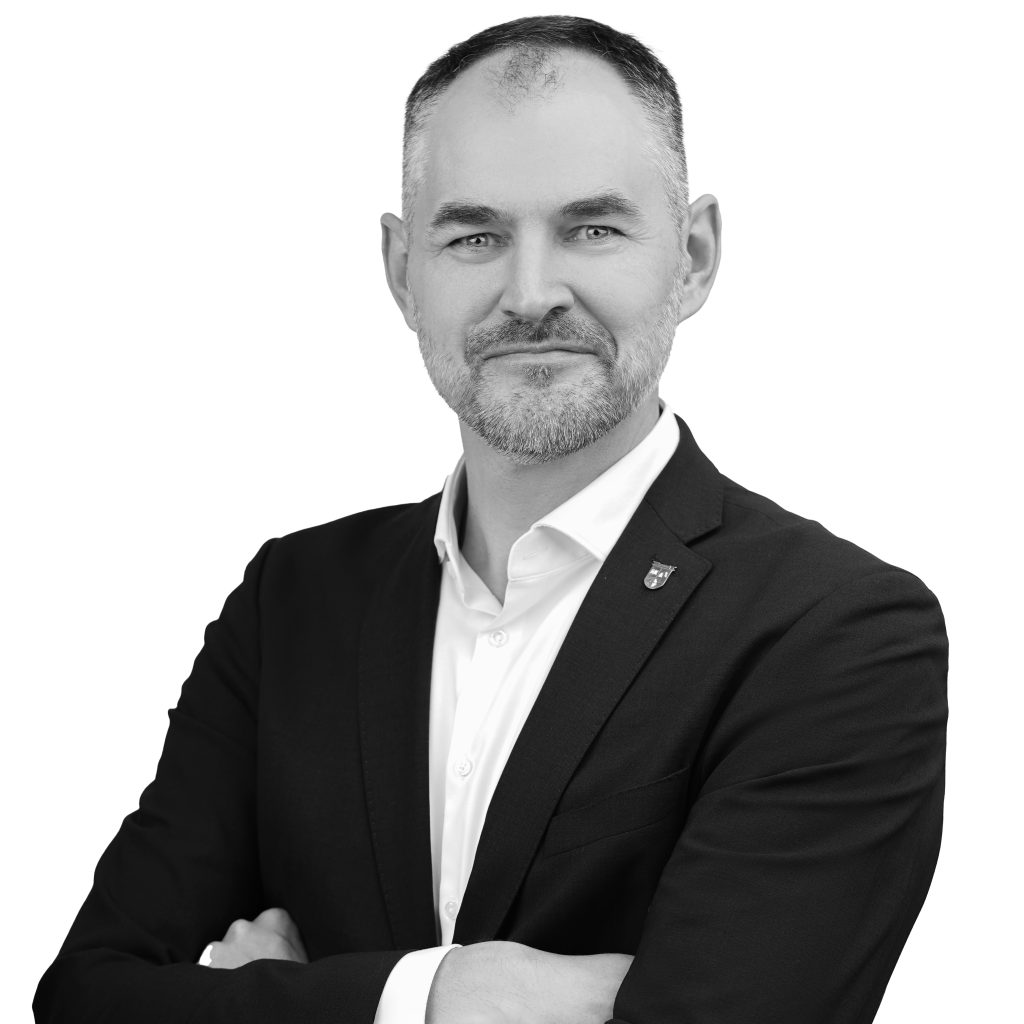
Dr. Gintaras Brazauskas is the Director of the Lithuanian Research Centre for Agriculture and Forestry (LAMMC), leading the country’s premier agricultural and forestry research institution since 2018. Under his guidance, the institution has advanced in plant genetics, sustainable farming, and crop improvement. A specialist in molecular biology and biotechnology, he earned his PhD in 2004 and has been pivotal in integrating molecular breeding tools and phenotyping technologies into LAMMC’s research programs. His work supports both scientific innovation and practical farming solutions. G. Brazauskas also fosters international collaboration, strengthening LAMMC’s global partnerships and positioning it as a key contributor to agricultural science in the Baltic region.
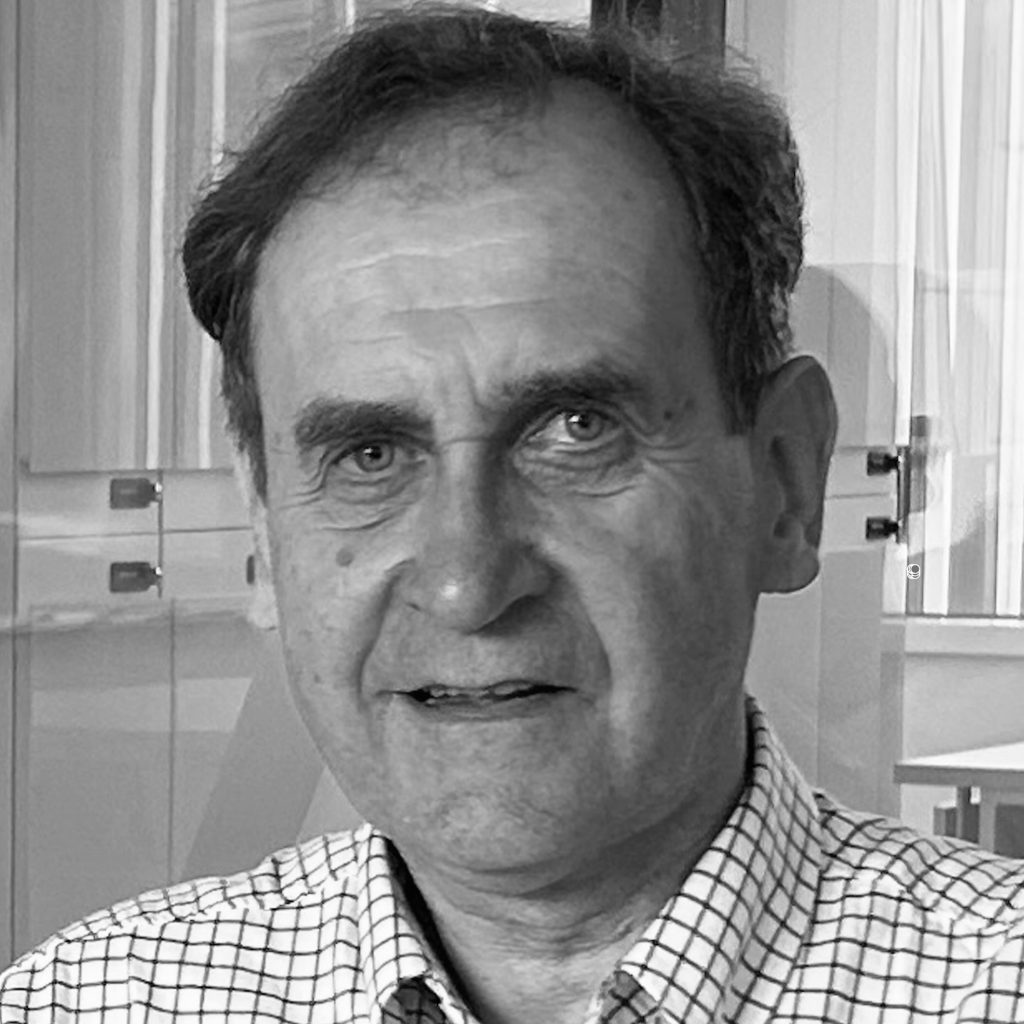
Gediminas Juzeliūnas is a distinguished professor of Vilnius University, a full member of the Lithuanian Academy of Sciences. He obtained a doctorate degree at Vilnius University, was a postdoc at the University of East Anglia in the United Kingdom, Humboldt research fellow at Ulm University in Germany, Fulbright scholar at the University of Oregon, USA, has a broad international collaboration. Current scientific research of Gediminas Juzeliūnas includes quantum simulations using cold atomic gases, photonic and other systems. Among other things, he was one of the first to explore new ways to create an artificial magnetic field and spin-orbit coupling for ultracold atoms.
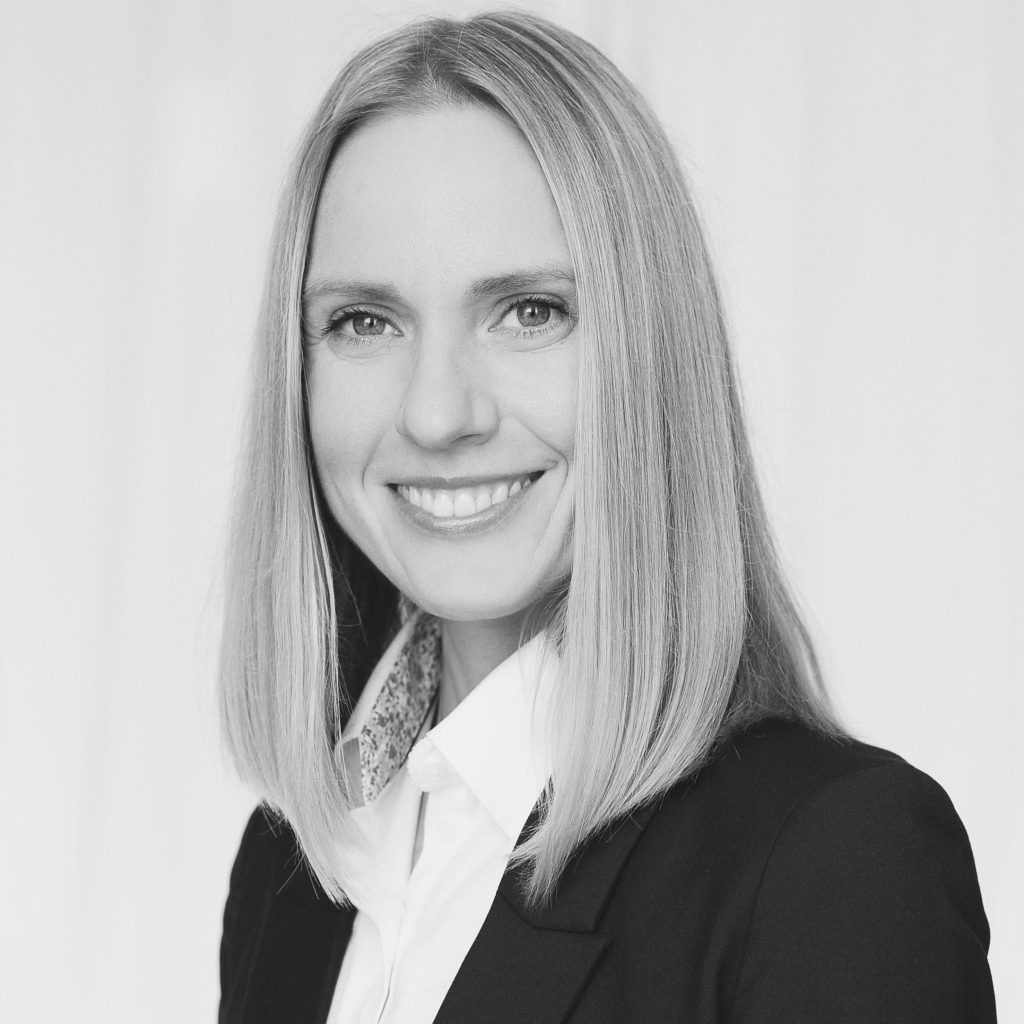
Aušrinė Pasvenskienė is an assoc. prof., vice dean at the Faculty of Law, Vytautas Magnus University (VMU, Kaunas, Lithuania), a researcher at Vytautas Kavolis Transdisciplinary Research Institute (VMU); a visiting researcher at the Faculty of Law, Helsinki University (Finland). She serves as the Editor-in-Chief of the Baltic Journal of Law and Politics, is the Principal Investigator for the Erasmus+ project “Modernization of Legal Education for the Support of European and Euro-Atlantic Integration of Ukraine” (EU4UA), is a member of the European Association of Education Law and Policy. Her research interests include education law, human rights in education, the intersection of law and digital technologies, also law, education and digital technologies.
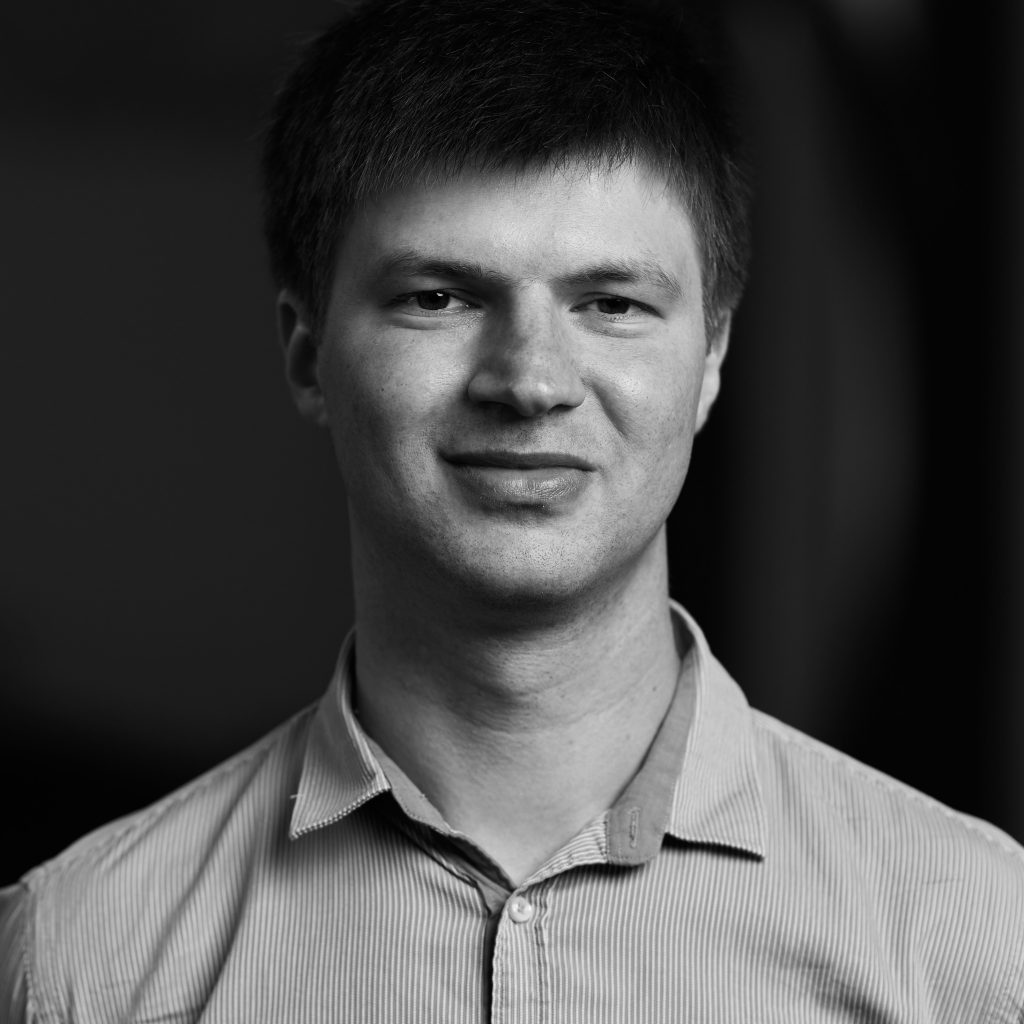
Dr. Artiom Magomedov is a Senior Researcher at Kaunas University of Technology whose work centers on interface engineering in perovskite photovoltaics and organic semiconductors. He was a Fulbright Visiting Scholar at the University of Colorado Boulder (2021-2022) and conducted DAAD-supported research at Helmholtz-Zentrum Berlin (2017-2018).
Since 2023 he has served on the Lithuanian Research Council’s Committee of Science and Higher Education Policy Experts.
Dr. Magomedov is recognized for high impact contributions to the development of self-assembled monolayers (SAMs) for perovskite and tandem solar cells. His PhD theses was selected as the Best 2020 dissertation in physical and technological sciences by the Lithuanian Society of Young Researchers (awarded in 2021).
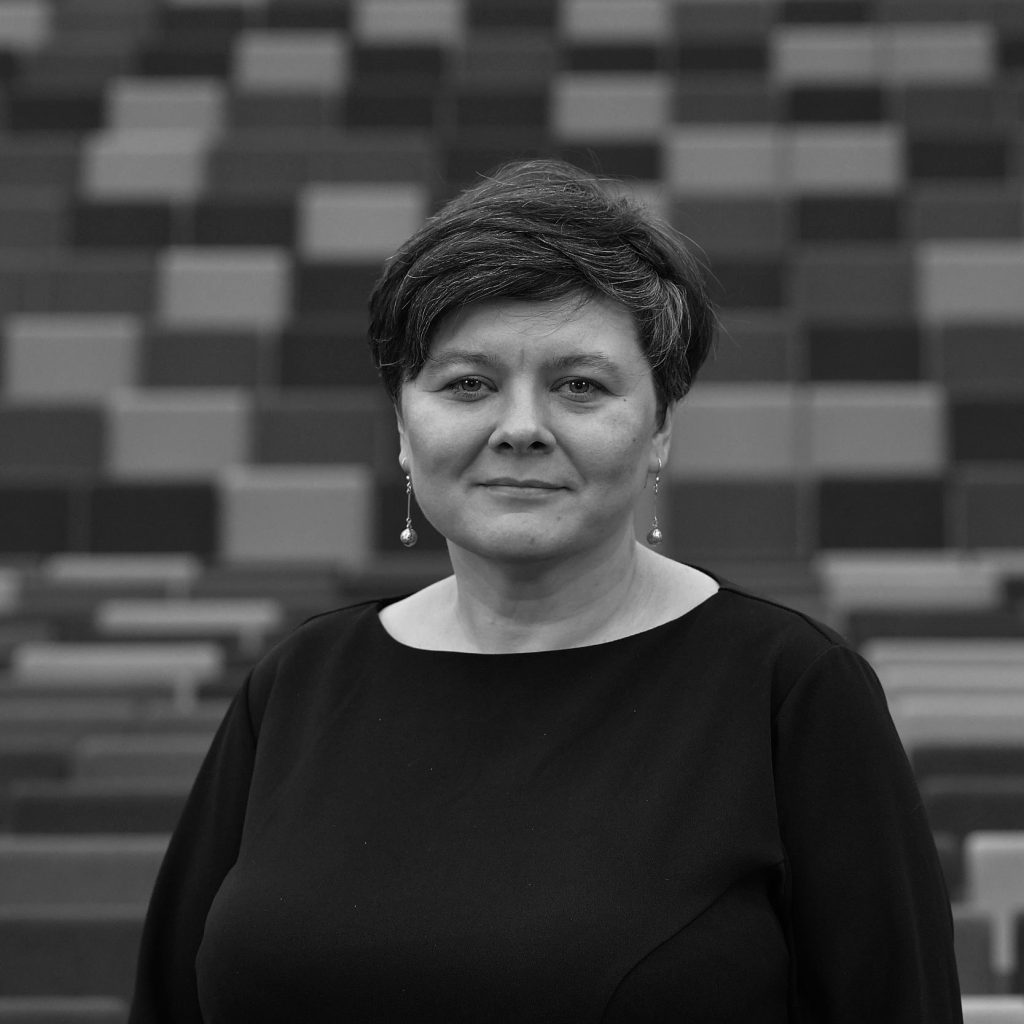
Prof. Dr. Simona Ramanauskaitė is a Professor and Chief Research Fellow at the Department of Information Technologies, VILNIUS TECH. Her expertise spans informatics engineering, cybersecurity, artificial intelligence, and digital education.
She has extensive experience in developing AI-driven solutions for cybersecurity, user behaviour prediction, social media analysis, and academic integrity, including the detection of ChatGPT-generated content. In the field of e-learning, she explores AI-based personalization, performance forecasting, and intelligent engagement systems.
Beyond her technical research, Prof. Ramanauskaitė is actively involved in digital gender equality initiatives, promoting the inclusion of women and girls in technology and AI.
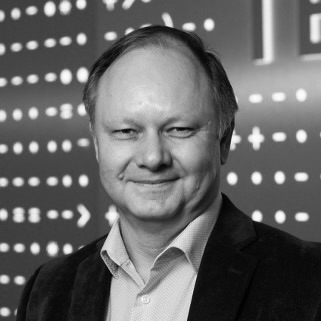
Dr. Sergey Paltsev is a Deputy Director of the MIT Center for Sustainability Science and Strategy and a Senior Research Scientist at MIT Energy Initiative (MITEI), Massachusetts Institute of Technology (MIT), Cambridge, USA. He is the lead modeler in charge of the MIT Economic Projection and Policy Analysis (EPPA) model of the world economy. Dr. Paltsev is an author of more than 140 peer-reviewed publications in scientific journals and books in the area of energy economics, climate policy, transport, advanced energy technologies, and international trade. Sergey was a Lead Author of the Fifth Assessment Report (AR5) of the Intergovernmental Panel on Climate Change (IPCC). He is a recipient of the 2012 Pyke Johnson Award (by the Transportation Research Board of the National Academies, USA, for the best paper in the area of planning and environment).

Dr. Brian Anthony is a leading expert in the design of intelligent, or smart, instruments and methodologies for monitoring, measuring, and controlling complex physical systems. His interdisciplinary work spans mechanical, electrical, and optical engineering, seamlessly integrated with computer science and optimization, to deliver innovative solutions across manufacturing, healthcare, and other industries.
At the core of Dr. Anthony’s research is computational instrumentation—the development of advanced tools and techniques to observe and manage intricate systems, particularly in manufacturing and medical diagnostics. His contributions include pioneering measurement and imaging technologies that enhance precision and performance in both industrial and clinical settings.
With over 30 years of experience, Dr. Anthony combines deep academic insight with practical industry expertise in technology innovation, product development, and entrepreneurship. He has successfully guided market-driven solutions from concept to commercialization, especially at the intersection of information technology and advanced manufacturing. His achievements include receiving an Emmy Award from the Academy of Television Arts and Sciences for technical innovation in broadcast engineering.
In the classroom, Dr. Anthony is dedicated to teaching the modeling and analysis of large-scale systems to support decision-making in domains such as manufacturing, medicine, and entertainment. He also leads efforts in developing optimization algorithms and software tools for system design and evaluation.
Dr. Anthony’s dual roles in academia and industry position him as a bridge between research and application, driving impactful technologies that shape the future of engineering and innovation.
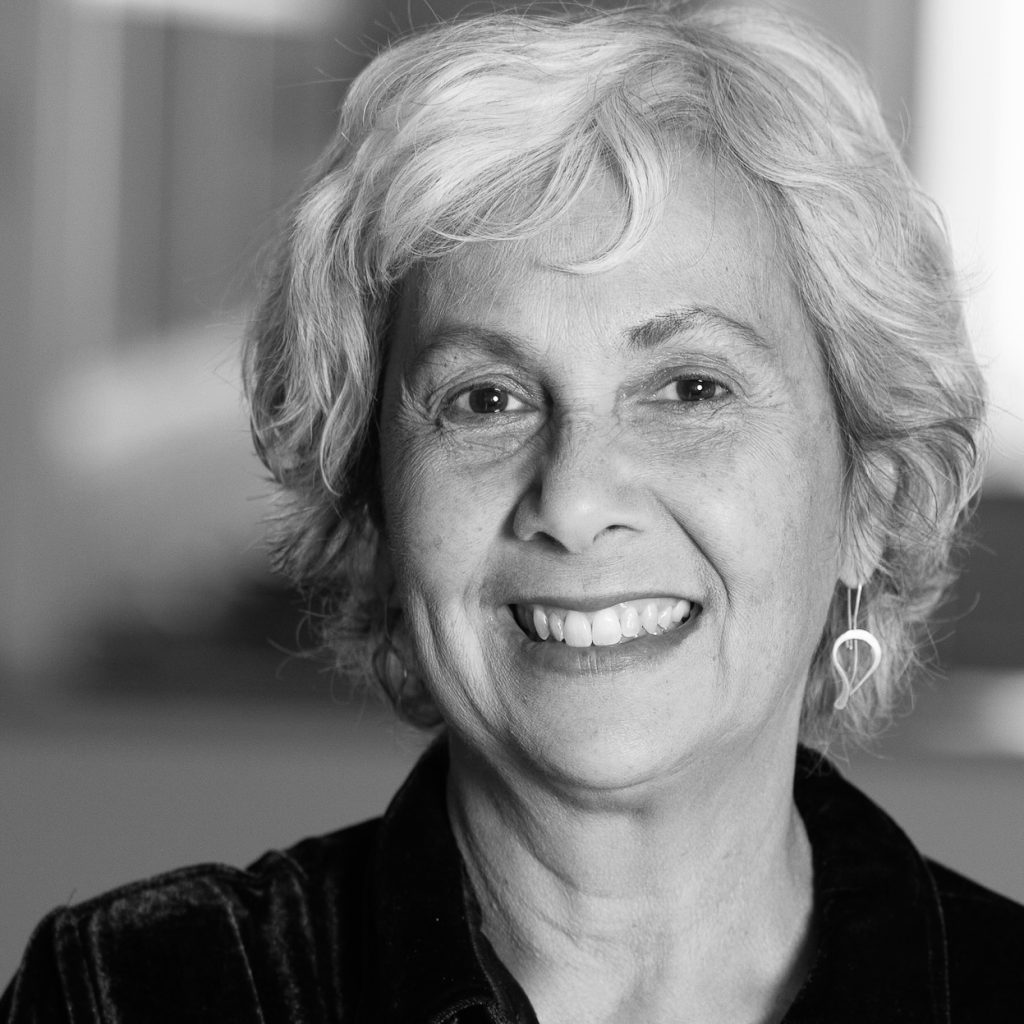
Dr. Una-May O’Reilly is a Senior Research Scientist at Massachusetts Institute of Technology’s Computer Science and Artificial Intelligence Lab (CSAIL). She explores Artificial Adversarial Intelligence, focusing on the development and application of computational intelligence in offense-vs-defense domains. Her fascination with adversarial behavior has led her to cybersecurity. Through the application of deep learning and evolutionary algorithms, she models cybersecurity threats and defenses—including malware detection, detector attacks, exploit chain planning, automated red teaming, cyber hunting, and the dynamic escalation of attacks and defenses.
Academic accomplishments include an Honorary Doctorate (honoris causa) from Dalhousie University, Canada, multiple Best Paper and Impact awards, more than 200 publications, ACM SIGEVO Recognizing Outstanding Achievements in Evolutionary Computation Award, SPECIES Outstanding Achievements in Evolutionary Computation Award, and multiple keynotes such as ACM SIGEVO Distinguished Lecture at GECCO (2024).

Drew Story is the Managing Director of MIT’s Policy Lab. He guides MIT faculty through strategic policy engagement to increase the impact of their research. Drew previously served as a policy advisor in the US Senate and contributed to provisions signed into law as part of the Energy Act of 2020, the Infrastructure Investment and Jobs Act, and the Inflation Reduction Act. While working at the U.S. Global Change Research Program within the White House Office of Science and Technology Policy, Drew managed the evidence synthesis teams authoring two chapters of the Fifth National Climate Assessment.
Drew received his PhD in Chemical and Environmental Engineering with a Designated Emphasis in Public Policy from the University of California, Riverside and his BS in Physical Sciences Education from LeTourneau University.

Nomeda & Gediminas Urbonas are artists, educators, and researchers working at MIT since 2009, where they founded MIT Climate Visions, an interdisciplinary research studio. Urbonases have exhibited internationally including the São Paulo, Berlin, Moscow, Lyon, Gwangju, Busan, Taipei, Kaunas and Helsinki biennales, Folkestone Triennial – and Manifesta and Documenta exhibitions – among other, including a solo shows at the Venice Biennale, MACBA in Barcelona, Sprengel Museum in Hannover, Ludwig Múzeum in Budapest, Museo Delle Civiltà in Rome, and National Gallery of Art in Vilnius. Their work was awarded a number of grants and awards, including the Lithuanian National Prize (2007); a Prize for the Best International Artist at the Gwangju Biennale (2006) and the Prize for the national pavilion at the Venice Biennale (2007). They were also nominated for the Nam June Paik Award in 2012. Urbonases launched the Swamp School at the 16th Venice Architecture Biennale 2018. Their co-edited volume Swamps and the New Imagination: On the Future of Cohabitation in Art, Architecture and Philosophy published by Sternberg Press and distributed by MIT Press, is forthcoming in 2025. Nomeda Urbonas is researcher at MIT ACT, and Gediminas is associate professor at the MIT School of Architecture and Planning.
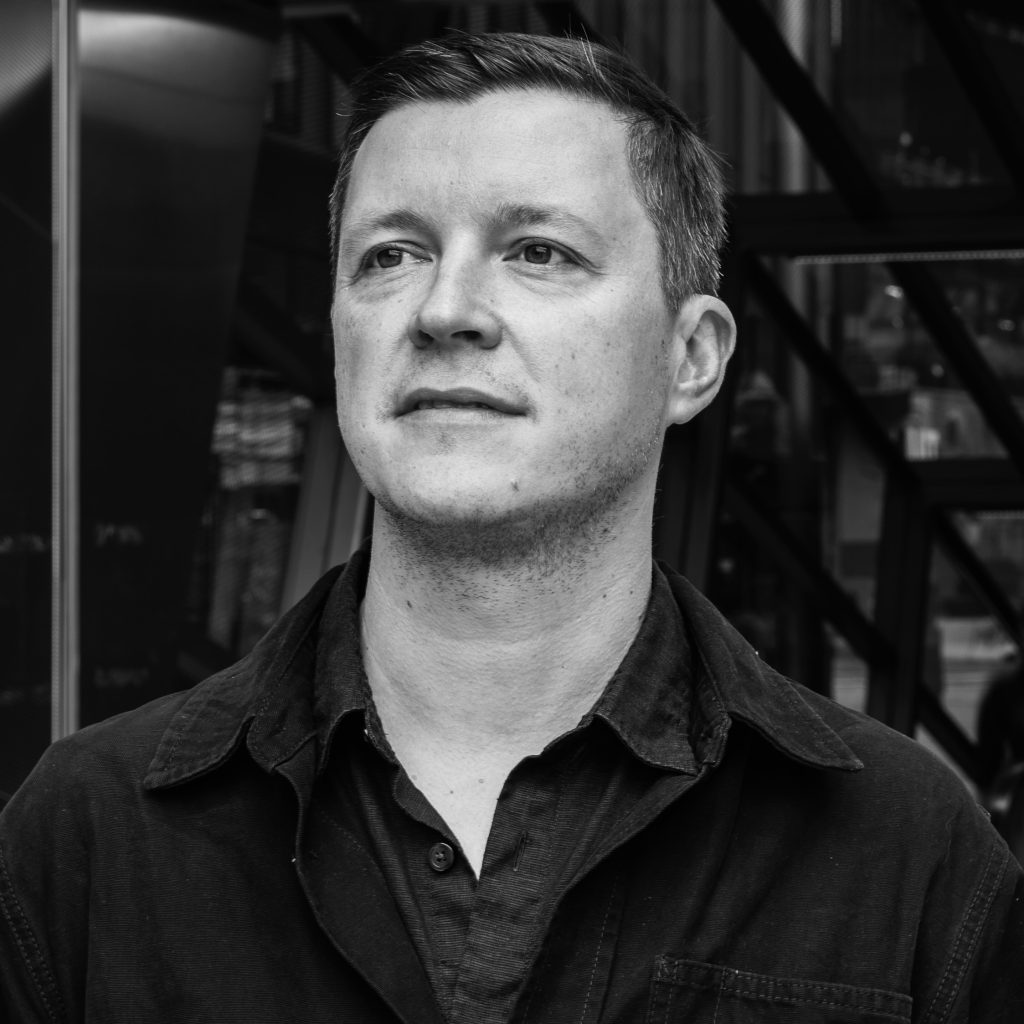
Assoc. Prof. Andres Sevtsuk is an expert in urban studies, urban planning, and information technology. He is an associate professor in the Department of Urban Studies and Planning at MIT. His research focuses on how data analysis, mapping, and digital tools can improve urban infrastructure planning, public transportation systems, and residential development. Sevtsuk also studies the impact of public spaces, pedestrian mobility, and access to various services on urban life and the economy. His work helps urban planners make informed decisions to create more sustainable and vibrant cities.

Gene R. Keselman is a Lecturer at MIT Sloan School of Management, the Executive Director of MIT Mission Innovation Experimental (MIx) and Managing Director of MIT’s venture studio, Proto Ventures. He is formerly the Executive Director of the MIT Innovation Initiative.
Gene has held leadership positions in a range of start-ups: he is the co-founder of ServDAO and formerly co-founder of Esports One and the Foundation for Innovation and Discovery (FINND), where he is now a board director. He sits on the Reagan Institute’s National Security Industrial Base Advisory Board, supports numerous startups as a board advisor and has also been a space and defense industry consultant.
As a military officer in the Air Force Reserves, Colonel Keselman works as the senior Reservist and Director, Strategic Incubation & SSG Reserve Program for the Chief of Staff of the Air Force’s Strategic Studies Group (SSG). He has formerly been the IMA to the Director of the DAF-MIT A.I. Accelerator and Chief, Technology Development in USD R&E amongst many other positions. His career has spanned military fields including nuclear operations, space operations and acquisition and he has founded and run numerous operational and R&D programs in the Intelligence Community. He is published in Space journals, is Government CIO certified and fluent in Russian.
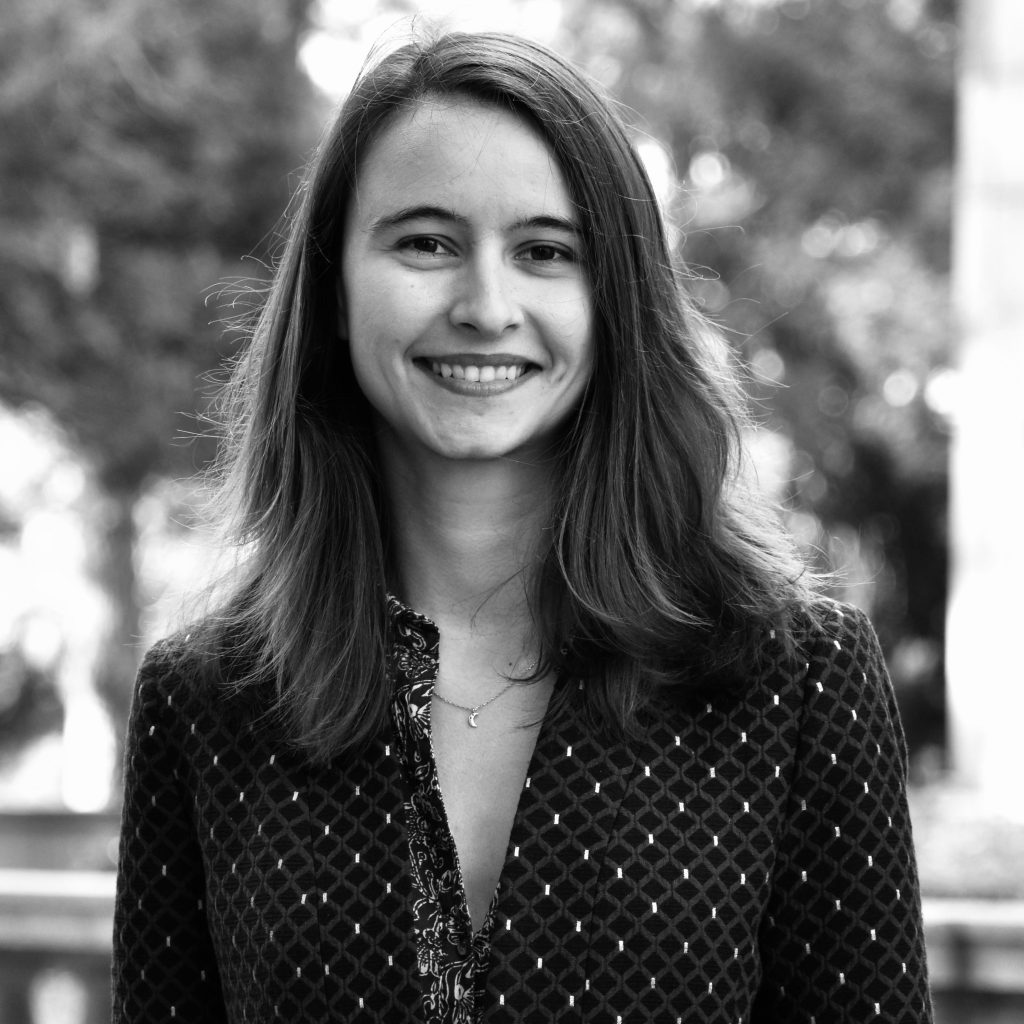
Andreea Bobu is an Assistant Professor at MIT in AeroAstro and CSAIL. She leads the Collaborative Learning and Autonomy Research Lab (CLEAR Lab), where they develop autonomous agents that learn to do tasks for, with, and around people. Her goal is to ensure that these agents’ behavior is consistent with human expectations, whether they interact with expert designers or novice users. She obtained her Ph.D. in Electrical Engineering and Computer Science at UC Berkeley with Anca Dragan in 2023. Prior to her Ph.D. she earned her Bachelor’s degree in Computer Science and Engineering from MIT in 2017. She was the recipient of the Apple AI/ML Ph.D. fellowship, is a Rising Star in EECS and an R:SS and HRI Pioneer, and has won best paper award at HRI 2020 and the Emerging Research Award at the International Symposium on the Mathematics of Neuroscience 2023. Before MIT, she was also a Research Scientist at the AI Institute and an intern at NVIDIA in the Robotics Lab.